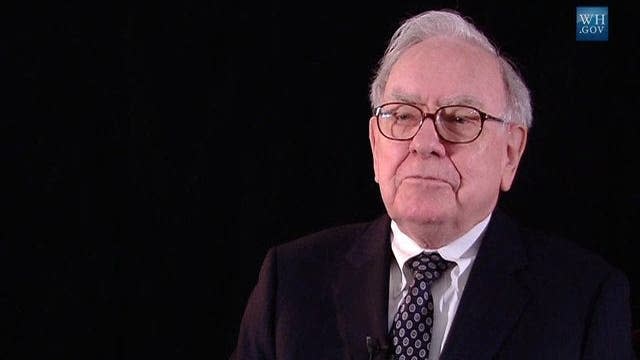
Back in 2007, Warren Buffett made a bold move. The legendary investor bet $1 million that a simple, no-frills S&P 500 index fund could beat a selection of hand-picked hedge funds over 10 years. Experts manage the hedge funds, and for that, they charge a layer of fees. Many see them as the pinnacle of sophisticated investing.
Don’t Miss:
However, Buffett believed that something as straightforward as an index fund, which simply tracks the performance of the top 500 companies in the U.S., would do better in the long run.
What was the result? Buffett comfortably won the wager. Over the decade, the Vanguard S&P 500 Index Fund, which he selected, yielded an astounding 125.8% return, whereas the returns made by the hedge funds varied from 2.8% to 87.7%. However, how could this “ordinary” investment approach surpass some of the most accomplished financial minds?
Trending: Commercial real estate has historically outperformed the stock market, and this platform allows individuals to invest in commercial real estate with as little as $5,000 offering a 12% target yield with a bonus 1% return boost today!
Warren Buffett has argued that low-cost index funds are a wise investment option for most people for many years. An index fund enables investors to own a portion of each company in the index instead of trying to time the market or identify the next big stock.
It’s a detached strategy that merely replicates the market’s overall performance. As Buffett said, “You don’t have to do that, you just have to sit back and let American industry do its job for you.”
This might sound too simple to be effective, especially compared to the complex strategies employed by hedge funds. However, Buffett has always said keeping costs low is key to successful investing. Hedge funds usually charge a lot – around 2% of your money every year, plus 20% of any profits they make. These high fees can cut into your earnings over time.
Trending: Rory McIlroy’s mansion in Florida is worth $22 million today, doubling from 2017 — here’s how to get started investing in real estate with just $100
In contrast, the Vanguard fund Buffett chose had an expense ratio of just 0.04%, meaning almost all of the investment’s growth stayed in the investor’s pocket. “Fees matter in investing, no doubt about it,” said Ted Seides, the hedge fund manager who accepted Buffett’s bet. He later admitted that Buffett was right about the impact of high fees.
Despite the clear advantages of low-cost index funds, many wealthy individuals and large institutions continue to seek out more expensive investment strategies. Buffett explained this phenomenon by saying, “No consultant in the world will tell you just buy an S&P index fund and sit for the next 50 years. You don’t get to be a consultant and certainly don’t get an annual fee that way.”
Read Next:
Up Next: Transform your trading with Benzinga Edge’s one-of-a-kind market trade ideas and tools. Click now to access unique insights that can set you ahead in today’s competitive market.
Get the latest stock analysis from Benzinga?
This article Warren Buffett Bet $1M He Could Outperform Hedge Funds Over A Decade. He Did It With A Strategy Requiring No Investing Skill originally appeared on Benzinga.com
© 2024 Benzinga.com. Benzinga does not provide investment advice. All rights reserved.
Source link
 meganwoolsey Home
meganwoolsey Home


